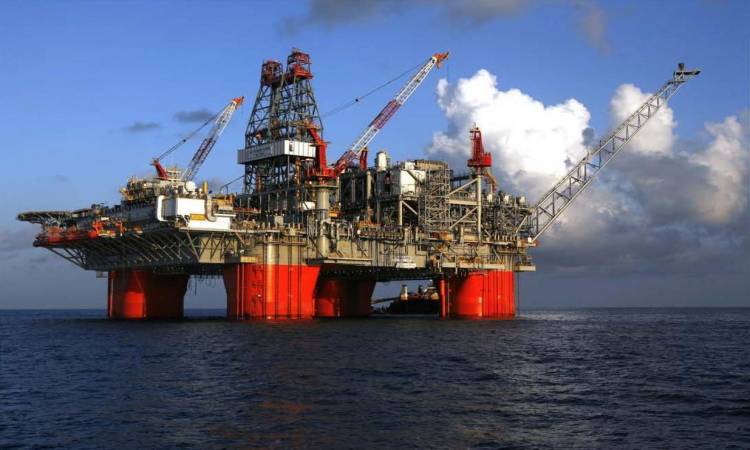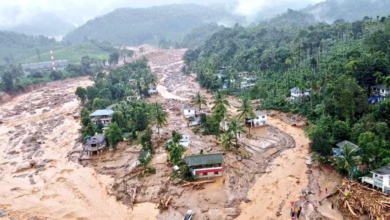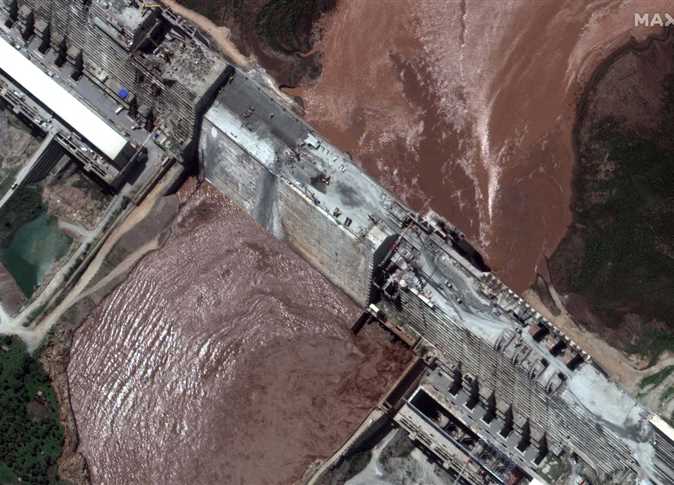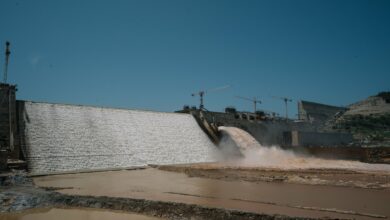
There is good news for Egypt.
The first is that despite all warnings against believing that the coronavirus pandemic has ended, with governments urged to follow up and prepare for a second wave, countries worldwide seem determined to move forward and resume their economic activities.
This is good news for Egypt, because it means that the international economy has returned – even if it isn’t close to operating as it was before the pandemic.
Any progress in the international economy means more resources for the Suez Canal, more tourism, an increase in oil prices and with it remittances of Egyptian workers abroad.
The second is that all international reports on Egypt’s performance during the crisis were good, whether from international institutions such as the International Monetary Fund (IMF) or private ones such as Standard and Poor’s.
They unanimously agreed on the nation’s good economic performance resulting from previous years of reform, expressing confidence in Egypt’s capabilities to move forward and at a pace greater than its economic and social reform.
The latest of these reports came from the fourth international bank HSBC, which ruled that Egypt’s developments are generally positive.
And the third of this round of good news, is that it seems the global crisis might ease as efforts are being made to find a vaccine to vanquish this virus just like the other diseases before it.
Russia’s announcement of the “Sputnik” vaccine introduces a stream of results made by scientific research laboratories from all four corners of the world, be they in China, Germany, Britain or the United States. This is in spite of doubts cast by the west on “Sputnik”, in order to deprive Russia of any head start advantage.
The truth is, it matters not where the vaccine came from but how effective it is.
…But there is bad news.
Essentially, both Ethiopia and Turkey are determined to stay out of everything related to international law; the first regarding rivers, and the second regarding seas.
Ethiopia has been talking about everything except what was established in international law and norms regarding rivers, and has begun entering into an absurd cycle.
At first, Ethiopia discussed Egypt’s responsibility for its poverty and the famines it endured during the 1980s. Nor has it forgotten to implicate Egypt when talking about its internal conflicts.
Ethiopia, a country that has 11 rivers, and receives about a trillion cubic meters of water annually, wants to hold Egypt responsible for not doing what is necessary for Ethiopia to cultivate the vast land it has to produce enough food.
Ethiopia is a state whose current borders were formed by the norms, laws and borders established as result of colonialism; its capital, Addis Ababa, holds the headquarters of the African Union, an assembly of African states that became independent based on agreements signed during the colonial period.
Yet, now, Ethiopia rejects all agreements concerning the Nile waters as relics of a colonial time. This is despite it being the only country to enjoy independence for almost 2000 years except for a brief period of Italian occupation before and during World War II.
Thirdly, Ethiopia completely refuses to acknowledge the existence of international rivers that pass through history between more than one country upon which their civilizations were established and the peoples that lived on them, such as in the river basins from the Mekong in Asia to the Danube in Europe to the Amazon in South America.
Ethiopia wants to turn the Nile into an Ethiopian lake, according to what it recently said after acting unilaterally during the first filling of the Grand Ethiopian Renaissance Dam (GERD), a stark contrast to what had been agreed before.
And lastly, Ethiopia has accused Egypt of monopolizing the Nile’s waters even though international law and geography show this is impossible for Egypt, nor is this something that has ever happened historically simply because Egypt is a “downstream” country.
No one in any of the world’s river basins would say that the right of a downstream country’s right to live is a monopoly, especially when its civilization was born on the river and used every last drop of its waters respectfully and rationally.
Note here, that Ethiopia has placed itself outside the international system of rivers just as Turkey did before regarding the Tigris and Euphrates rivers.
Turkey was among the very few countries that refused to sign the United Nations Convention on the Law of the Sea (UNCLOS), ratified in 1994 after being signed by 60 countries.
After that, the agreement became part of the international system to manage any disputes over seas, whether related to fishing rights, environmental protection or the economic use of natural resources.
Now there are 167 states within the agreement, in addition to the European Union and the Palestinian National Authority which has an observer status in the United Nations.
What concerns us in this regard is that this agreement has regulated everything related to the “exclusive economic zones” in which the state has rights for development.
The origin of the matter is that this area reaches 200 nautical miles or 370km from the continental shelf of the country. But this is true of a country like Brazil, which has open sea borders with the Atlantic Ocean.
This is not the case when maritime borders are located in a sea such as the Red or the Mediterranean sea.
In this case, countries demarcate the maritime borders between them according to the rules established in the agreement and through technicians who can be used by the specialized agencies of the United Nations interested in this matter.
When Egypt demarcated its maritime borders with Saudi Arabia, the maritime line between both countries fell in the middle of the sea. Egypt got about 61,000 square kilometers, about the area of Sinai, for economic use which it has already started.
There are many riparian countries in the Mediterranean Sea in need of many agreements, which Egypt has now gotten with Cyprus and Greece, according to established rules and techniques via the UNCLOS.
Yet Turkey wants its own rules and laws based on force and maritime thuggery, and so it delineates maritime borders with the Government of National Accord in Libya.
It is also determined to be the representative of the Turkish Cypriot state, despite its claims to be independent, at a time when it is unable to demarcate these borders according to international rules with Greece, where islands and historical facts are intertwined.
Now that Turkey has revealed itself, it demands to sit at the gas table in the eastern Mediterranean Sea – which it can do so if it signs the UNCLOS and stops its bullying in the name of the Turkish Cyprus. When this occurs there will be rules and laws adopted for each party to get what they deserves, or else there will be a different discussion for each incident.




